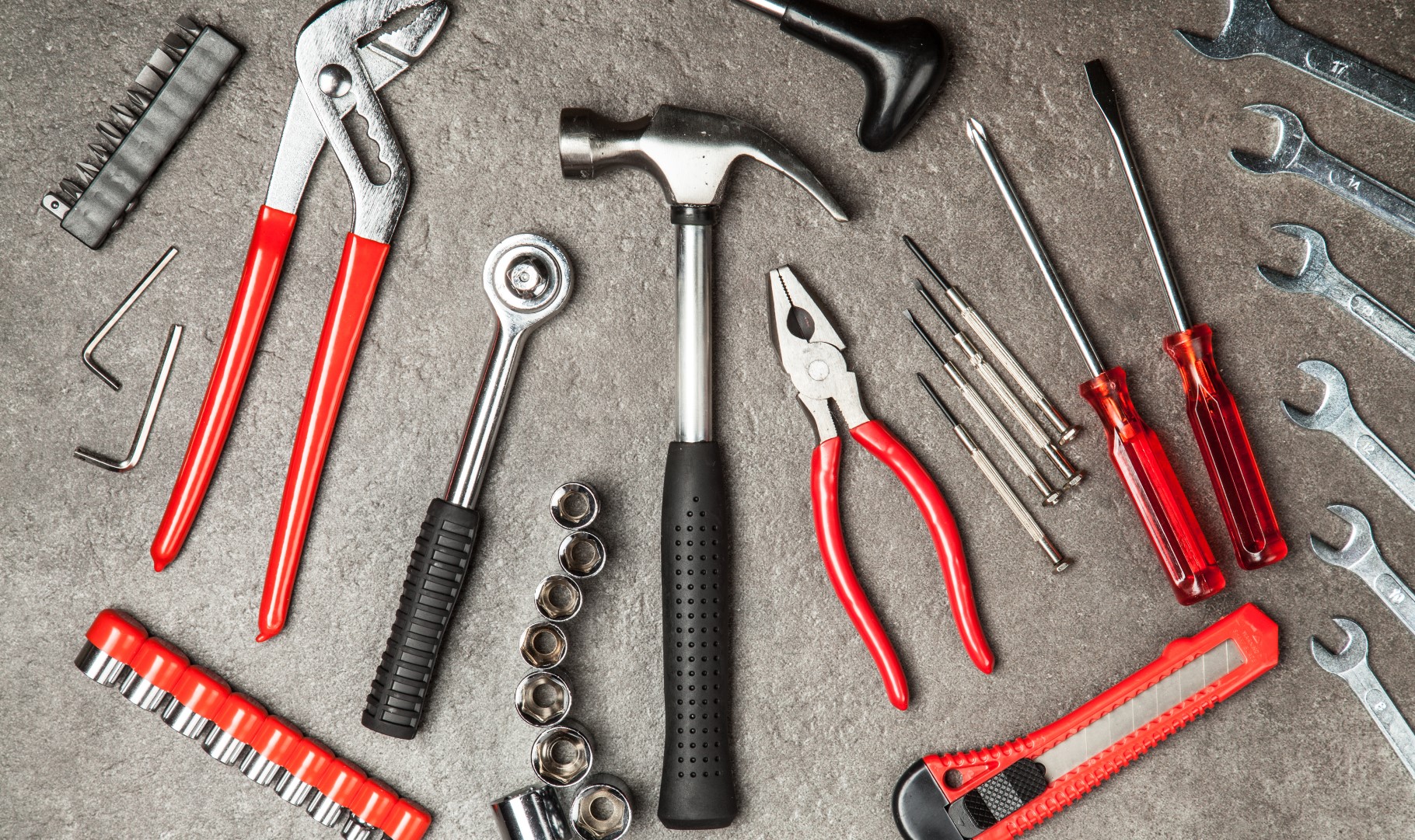Moving out on your own is an exciting adventure, but it also comes with plenty of practical responsibilities, like fixing minor issues, assembling furniture, and making small adjustments to your living space. That’s where a well-stocked and organized toolbox becomes essential. Having a basic set of tools on hand will help you handle a variety of everyday tasks independently. Here’s a guide on why having a toolbox is invaluable and which tools will cover most of your needs.
Why You Need a Toolbox When You’re On Your Own
Once you’re on your own, you’ll quickly find that not everything in your apartment, dorm, or house works perfectly all the time. Something might break, or you’ll need to assemble or install something new. With an organized toolbox, you won’t have to scramble for tools or rely on others to solve small issues. It gives you independence, confidence, and a great way to save money by taking care of basic fixes yourself.
The Essential Tools for Your Toolbox
Here’s a list of essential tools every toolbox should have, along with why each one will be useful when you’re in your own place.
1. Multipurpose Screwdriver with Bits
A multipurpose screwdriver with different bits is a real space-saver. You’ll want one with Phillips (cross shape), flat-head, and Torx bits. The star-shaped Torx bits are especially useful for furniture assembly and electronics. With this single tool, you’re set to handle a variety of tasks without needing multiple screwdrivers.
2. Rechargeable Drill
A rechargeable drill can be your best friend when moving in and setting up your space. It’s essential for hanging shelves, securing furniture, or handling larger projects. Look for one with variable speed settings and a range of bits. A drill with a rechargeable battery means you’re always ready to go, just make sure to keep it charged.
3. Hammer
An all-purpose hammer, like a claw hammer, is perfect for most tasks. It’s great for hammering in nails, hanging wall decor, and making simple repairs. The claw end can pull nails out if needed. Make sure it feels comfortable and balanced in your hand, as this gives you more control and accuracy.
4. Tape Measure
A tape measure will help you accurately plan and measure when you’re arranging furniture, hanging shelves, or doing DIY projects. Get one that locks in place so it doesn’t retract while you’re measuring, making your job easier and more precise.
5. Level
A level is essential for hanging pictures, shelves, or anything that needs to be straight and balanced. It ensures that your items are aligned and secured correctly. A small level will easily fit into your toolbox and is surprisingly useful when setting up your new place.
6. Combination Wrenches
A set of combination wrenches is useful for tightening and loosening bolts and nuts in different sizes. They come in both standard and metric sizes, so you’re prepared for most types of fasteners you’ll encounter. A combination wrench set is also a great investment for future car maintenance or assembly projects.
7. Standard and Metric Socket Sets with Ratchet
Socket sets are a must-have for handling bolts more efficiently. A ratchet with standard and metric sockets allows you to work on bolts of various sizes, making it perfect for assembling larger furniture or doing repairs. The ratchet mechanism speeds up the process, allowing you to tighten or loosen fasteners quickly and with less effort than a wrench.
8. Adjustable Wrench
An adjustable wrench can handle various bolt sizes and is handy for tasks where you don’t have the exact size in a combination wrench. It’s ideal for furniture assembly, basic plumbing, or tightening bolts around your space. It’s another versatile tool that works well in many situations.
9. Pliers
Pliers are excellent for gripping, bending, or cutting wire and other small items. A pair of combination pliers (which also includes a cutting edge) can handle most basic tasks, from household fixes to small repairs. Pliers are also great for jobs requiring extra grip, like pulling out nails.
10. Utility Knife
A utility knife is perfect for cutting through tough materials, like boxes and packaging. Look for one with a retractable blade for safety, and keep spare blades in your toolbox to ensure it’s always sharp and ready. This tool is surprisingly handy and worth having for both big and small tasks.
11. Safety Gear (Gloves and Safety Glasses)
Safety is always a priority. Gloves protect your hands from sharp or rough surfaces, and safety glasses protect your eyes from debris or dust, especially when using power tools. Having these on hand ensures that you can complete projects safely.
12. Organized Toolbox
Finally, a sturdy toolbox with compartments or dividers is essential for keeping your tools organized. When each tool has its own spot, you’ll save time and effort looking for what you need. A well-organized toolbox makes projects smoother and helps you stay prepared for any task.
Building Confidence and Independence with Tools
Learning how to use these tools correctly builds confidence and independence. When you can handle common repairs and projects on your own, you’ll feel more capable and ready to handle other challenges that come your way. Plus, you’ll save money on hiring help for simple fixes and enjoy the satisfaction of doing things yourself.
Starting Your Toolbox
You don’t need to buy all of these tools at once. Start with the basics and gradually add to your collection as you need them. Each tool is an investment that will serve you well for years to come. When the time comes to move out, you’ll be glad you have everything you need, neatly organized and ready for action.
Moving out can be a big step, but with a basic toolbox and some know-how, you’ll be more prepared to take on the world—and every fix or project that comes your way!

